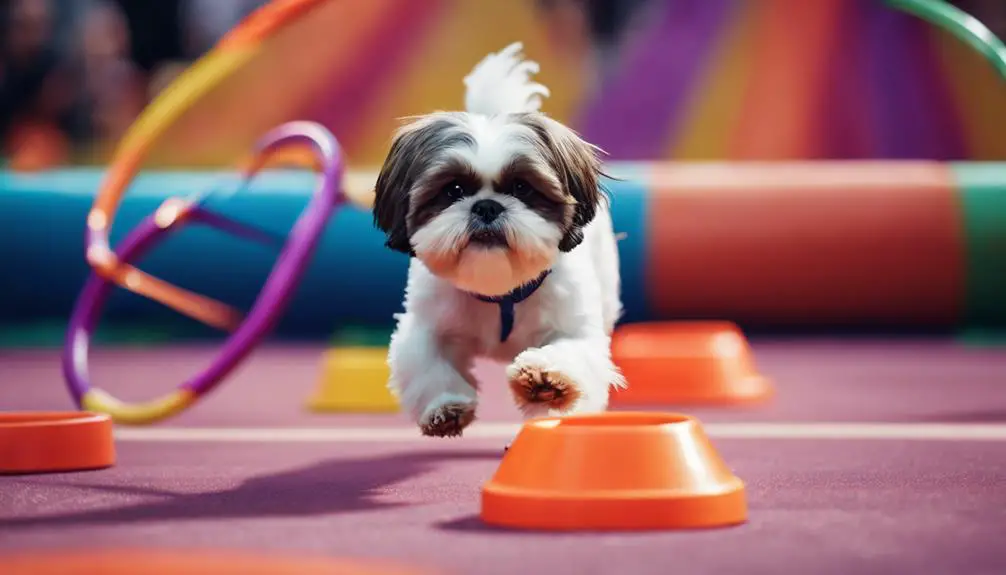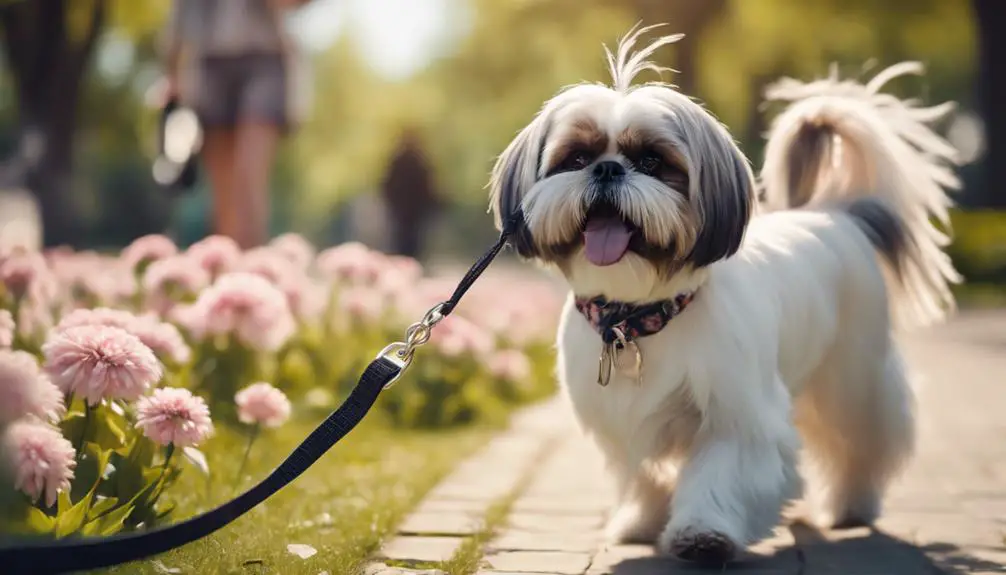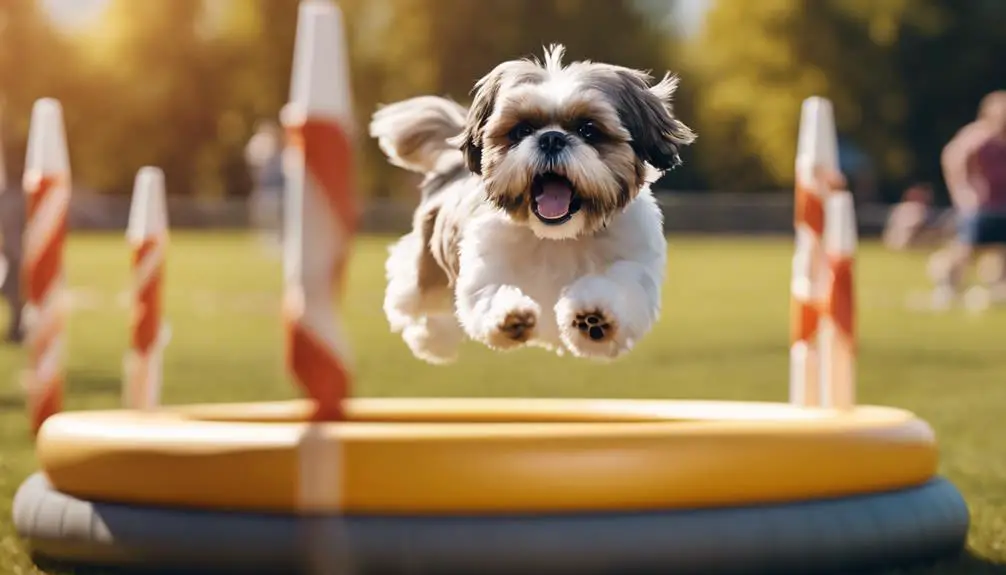
Shih Tzu puppies are known for their playful and affectionate nature. However, like many breeds, they go through a teething phase where they explore the world with their mouths. During this period, their playful nips can sometimes escalate into painful bites if not addressed promptly. To ensure your Shih Tzu grows into a well-behaved companion, it’s crucial to implement effective training techniques and exercise patience and consistency.
Understanding the Teething Phase
Teething is a natural part of a puppy’s development. Shih Tzu puppies, like other breeds, experience discomfort as their baby teeth fall out and are replaced by adult teeth. This phase typically begins around three to four months of age and can last until they are about six to eight months old. During this time, puppies may chew on anything they can find to alleviate their discomfort, including your fingers, furniture, and shoes.

Effective Training Techniques
1. Positive Reinforcement
Positive reinforcement is one of the most effective methods for training any puppy, including Shih Tzus. This technique involves rewarding your puppy for good behavior to encourage them to repeat it. When your Shih Tzu plays gently without biting, immediately offer treats and praise. This helps your puppy understand that gentle behavior leads to positive outcomes.
For instance, if your puppy is playing without using their teeth, give them a treat and say, “Good puppy!” in a cheerful tone. Over time, your Shih Tzu will associate gentle play with rewards and be less inclined to bite.

2. Redirecting Attention
Redirecting your puppy’s attention from your hands or other inappropriate objects to suitable chew toys is another effective strategy. When your Shih Tzu starts to nip, gently remove your hand and offer them a chew toy instead. This teaches them that while biting humans is not acceptable, chewing on toys is allowed.
Ensure you have a variety of chew toys available to keep your puppy engaged. Toys with different textures and flavors can be particularly appealing to teething puppies. Rotate the toys regularly to maintain your puppy’s interest.
3. Consistency is Key
Consistency is crucial in any training regimen. Ensure that all family members are on the same page regarding the rules and training techniques. Inconsistency can confuse your puppy and make it harder for them to learn what behavior is acceptable.
Avoid rough play with your puppy, as this can encourage biting and make it harder for them to understand that biting is not acceptable. If your Shih Tzu becomes too excited during playtime, take a break and give them a chance to calm down.

Patience and Persistence
Training a Shih Tzu puppy not to bite requires patience and persistence. It’s essential to remain calm and avoid reacting harshly to your puppy’s biting behavior, as this can exacerbate the issue. Yelling or hitting your puppy can cause fear and anxiety, which may lead to more biting or other behavioral problems.
Instead, use a firm but gentle approach. When your puppy bites, say “No” in a calm and stern voice, and then redirect their attention to a toy. If they continue to bite, consider using a time-out. Place them in a quiet area for a few minutes to allow them to calm down. This helps them learn that biting leads to a loss of attention and playtime.
The Role of Socialization
Socialization plays a significant role in preventing biting behavior. Exposing your Shih Tzu puppy to different people, animals, and environments helps them become well-adjusted and less likely to resort to biting out of fear or anxiety. Puppy training classes can be an excellent way to socialize your puppy while also reinforcing positive behaviors.

Managing Teething Discomfort
During the teething phase, your Shih Tzu will experience discomfort, which can contribute to biting. To help alleviate their pain, provide them with appropriate teething toys. Some toys can be chilled in the freezer to provide additional relief. Avoid giving them hard objects that could damage their developing teeth.
Regularly check your puppy’s mouth for any signs of dental issues, such as broken teeth or inflamed gums. If you notice any problems, consult your veterinarian for advice.

Conclusion: A Well-Behaved Companion
Training your Shih Tzu puppy not to bite is a process that requires time, patience, and consistency. By implementing positive reinforcement techniques, redirecting their attention to appropriate chew toys, and maintaining a consistent approach, you can effectively curb your puppy’s biting behavior.
Remember that training takes time, and setbacks are normal. The bond you build with your puppy through positive reinforcement and patience will result in a well-behaved and happy companion. By investing the effort now, you’re setting the foundation for a lifelong relationship built on trust and mutual respect.


